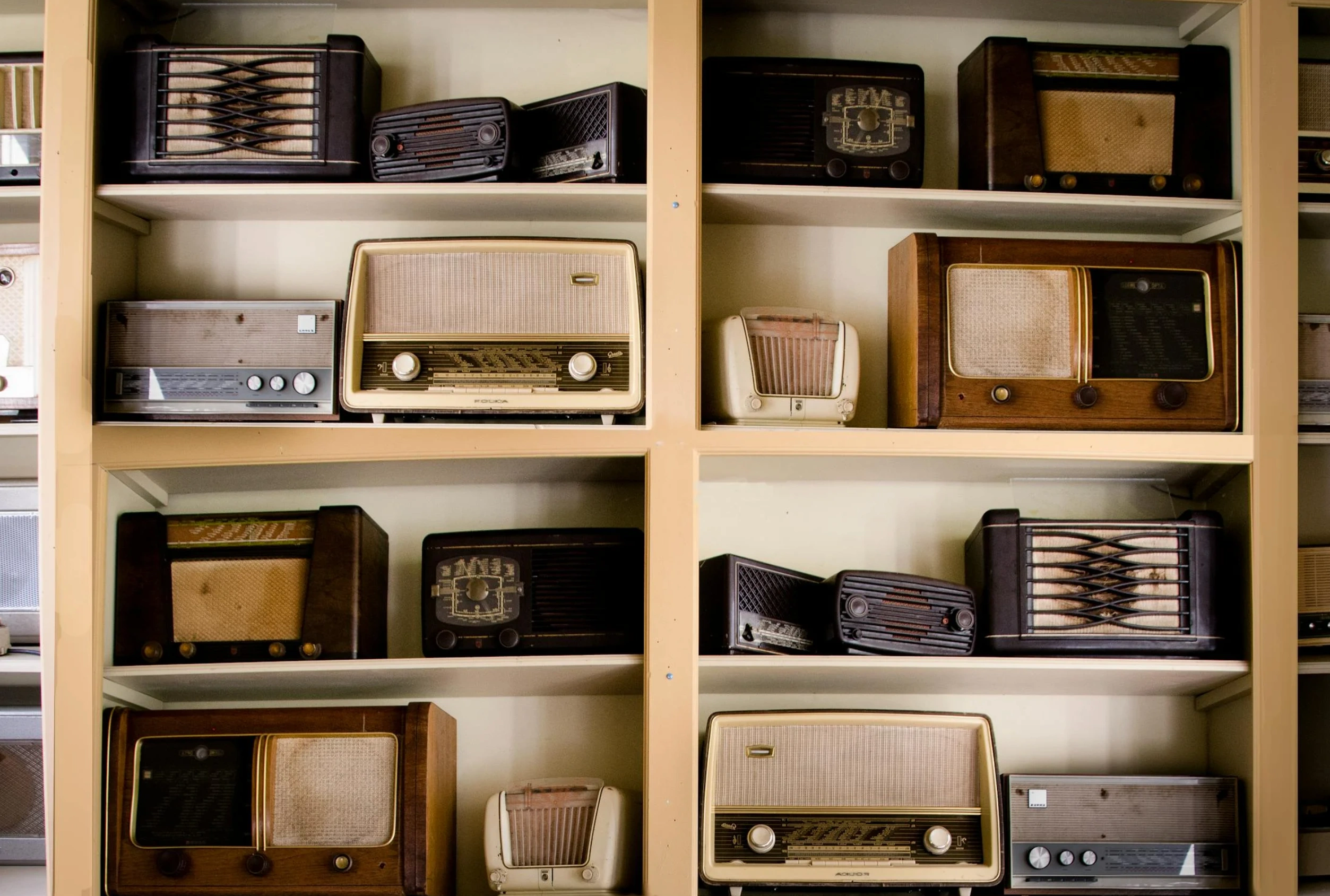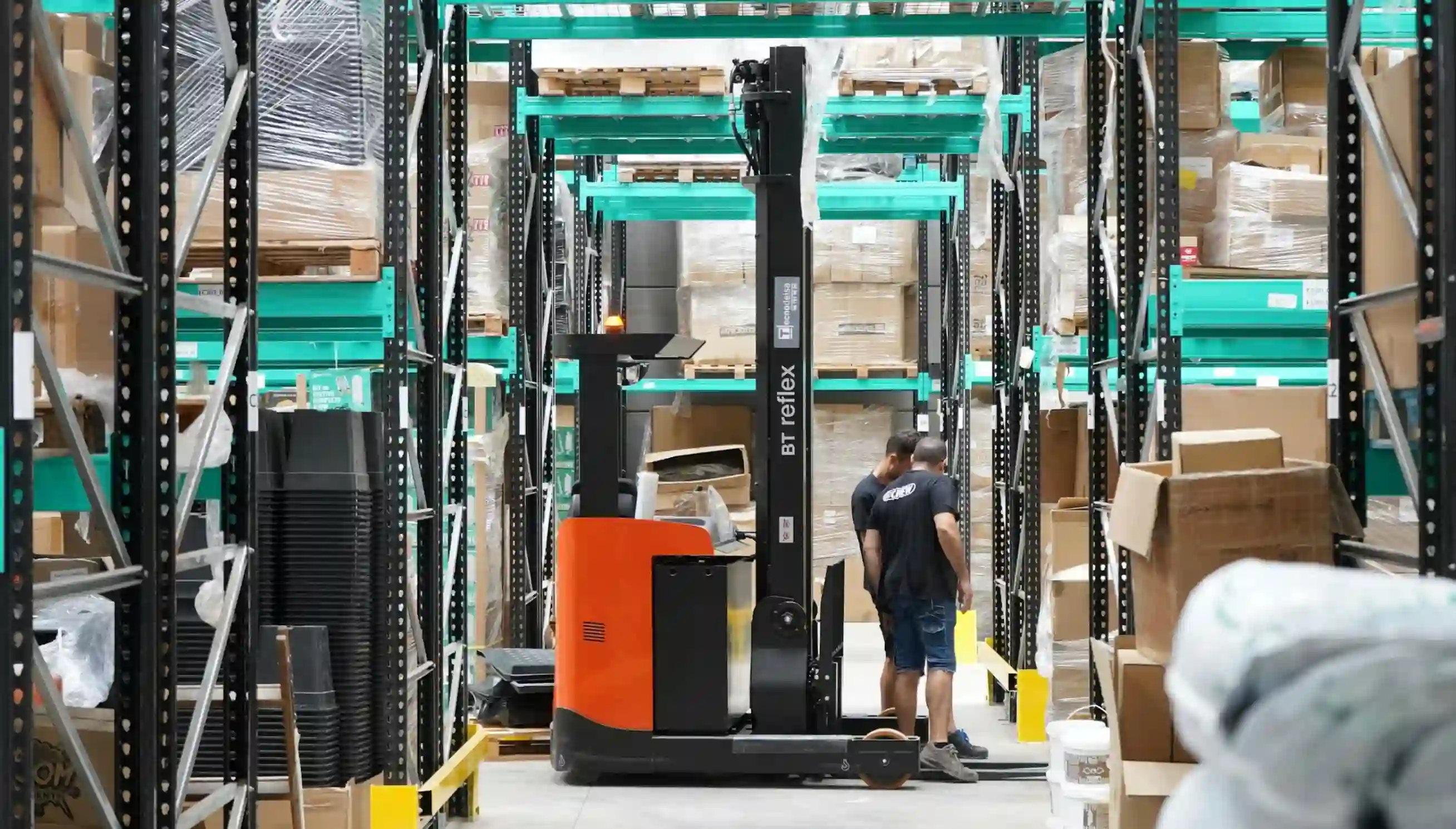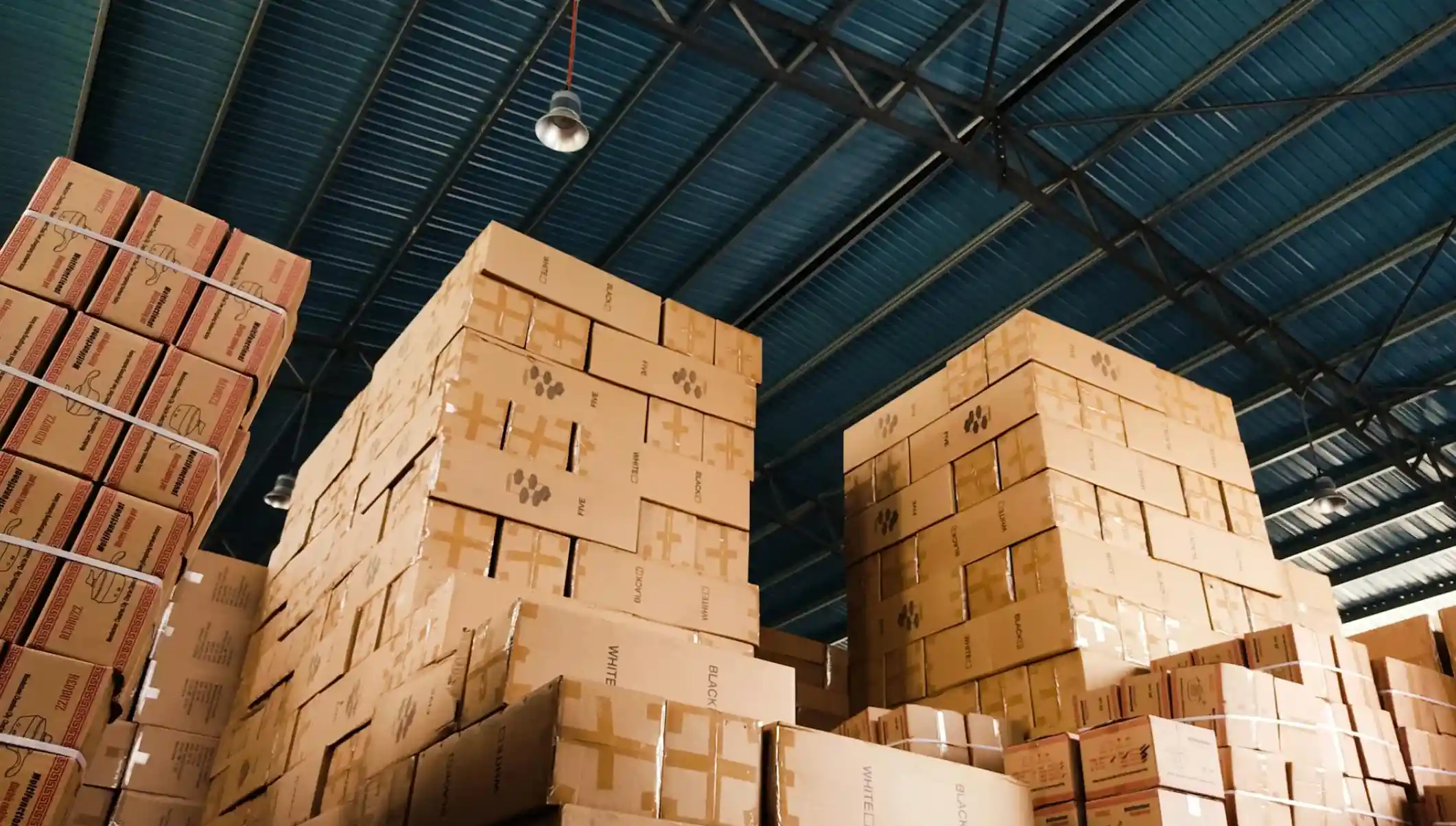5 Important Facts About Retail Liquidation You Need to Know
Every year, sales forecasts predict massive sales and profits, especially around the holidays. Retailers all over the world take inventory, making sure they have enough for when the buying truly begins.
When businesses face unsold inventory, excess stock, or discontinued product lines, liquidation becomes the fastest path to recovery. But what is a liquidation store, and how does the process really work for retailers? At Michaels Global Trading, we’ve helped countless businesses maximize returns on surplus goods by connecting them with trusted liquidation strategies. Whether you’re dealing with post-holiday overstock or warehouse space crunch, understanding retail liquidation ensures you make informed, profitable decisions. If you are also closing your establishment, retail liquidation is the best option for you to still profit on leftover stock. Just in this year, many establishments in Canada, like Hudson's Bay had to liquidate their goods.
1. What Does Retail Liquidation Really Mean?
Retail liquidation refers to selling unsold or excess products for less than their original purchase price. It’s a solution for businesses that need to free up cash and storage space. Products are often resold in liquidation stores, auctioned, or responsibly recycled.
Why it matters: Proper liquidation prevents losses from idle inventory and creates opportunities for recovery instead of waste.
2. Types of Liquidation Products
Not all liquidation products are the same. They usually fall into two categories:
- Salvage Items: Returned or slightly damaged products (e.g., scratched electronics, open-box appliances).
- Job Outs: Unsold items in excellent condition that simply didn’t move at retail.
Our services also help you dispose of old/extremely used electronics as well. This distinction impacts resale value and determines which liquidation strategy works best.

3. Distribution Channels for Liquidated Goods
Businesses can try selling discounted goods through their own channels, but that often requires extra manpower and resources. Partnering with a retail liquidation company simplifies the process:
- Liquidators buy the goods outright.
- They handle transportation, resale, and compliance.
- Businesses get paid quickly without managing logistics.
This approach saves time while maximizing value recovery.
4. Bulk Buying and Selling in Liquidation Stores
Liquidation usually happens in bulk. Buyers purchase large bundles of mixed or similar products at reduced rates. For instance, a bulk lot could include 100 assorted clothing items or hundreds of electronics from multiple brands.
What to expect: There’s an element of surprise, but liquidation dealers provide enough detail to help buyers assess the value of each lot.

5. Why Consult a Liquidation Professional
A professional liquidation company provides more than just pickup services—they bring expertise. At Michaels Global Trading, our consultations are free and tailored to your needs. We help determine:
- Which channels (resale, auction, donation) deliver the best outcome.
- How to maximize recovery value.
- Compliance and documentation to satisfy landlords, charities, or recycling facilities.
By working with experts, you avoid costly mistakes and ensure efficient, compliant liquidation. Learn how to make your liquidation process profitable today!
Retail Liquidation as a Smart Strategy
Retail liquidation isn’t just about offloading unsold products—it’s about protecting your bottom line. From freeing warehouse space to recovering value quickly, partnering with a trusted liquidator like Michaels Global Trading ensures a smooth, efficient process.




